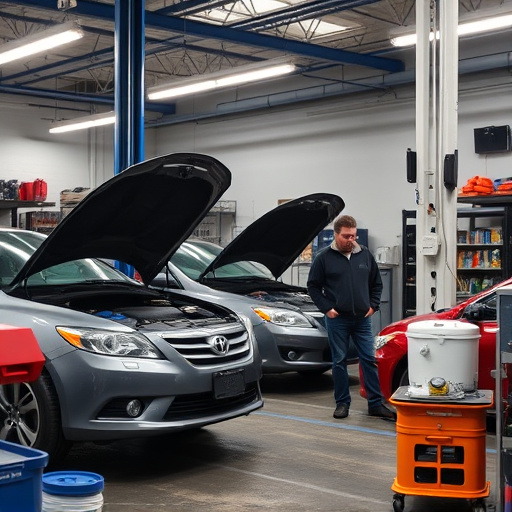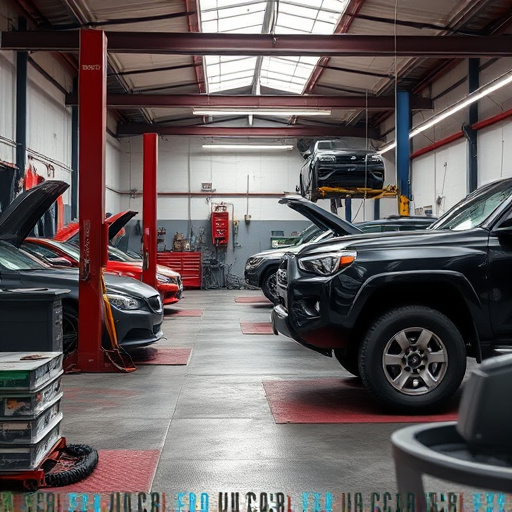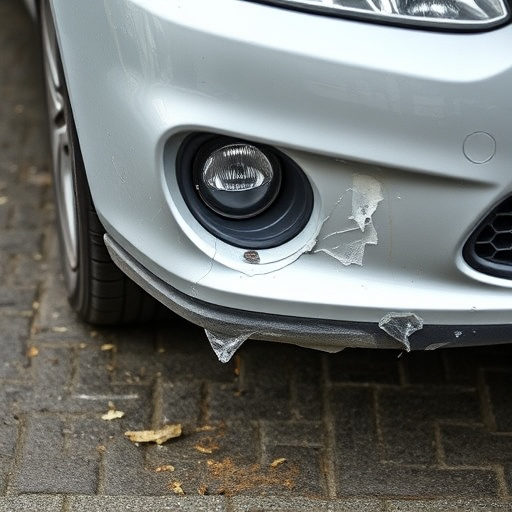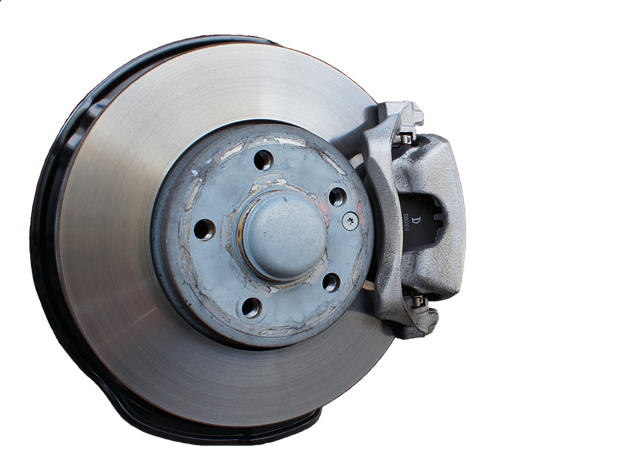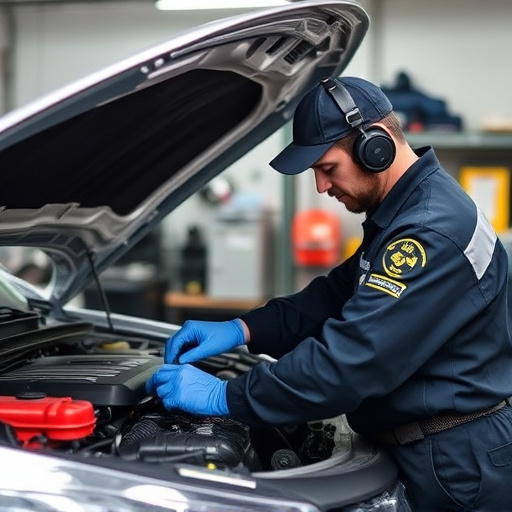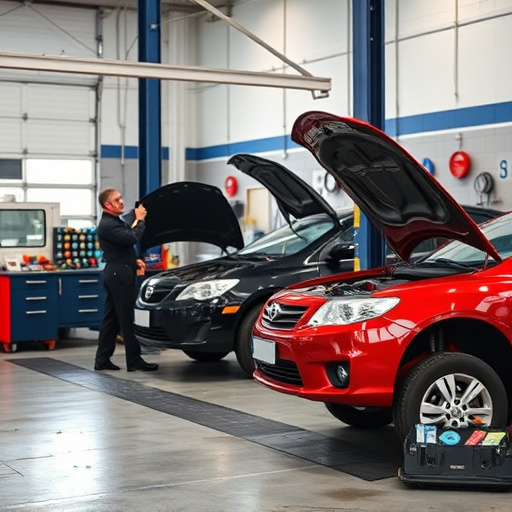Advanced technologies like GPS sensors, IoT, and AI transform hazardous waste management by enabling real-time tracking, data-driven decision-making, and enhanced safety protocols. Smart systems monitor waste composition, predict risks, and optimize disposal strategies. Innovative treatment techniques, including advanced oxidation and bio-remediation, significantly reduce environmental impact, transforming waste into less harmful substances for a cleaner future.
In the digital age, technology has emerged as a powerful ally in the realm of hazardous waste management. This article explores how cutting-edge innovations are revolutionizing the way we handle dangerous substances. From real-time tracking and monitoring to data-driven decision-making, these advancements ensure efficient waste disposal while minimizing environmental contamination. Additionally, advanced treatment techniques play a pivotal role in mitigating ecological impact, making modern hazard waste management safer and more sustainable than ever before.
- Real-Time Tracking and Monitoring of Hazardous Materials
- Data-Driven Decisions for Efficient Waste Disposal
- Advanced Treatment Techniques: Minimizing Environmental Impact
Real-Time Tracking and Monitoring of Hazardous Materials

Technology has revolutionized hazardous waste management by introducing sophisticated tools for real-time tracking and monitoring of dangerous materials. GPS-enabled sensors and IoT devices allow authorities to precisely locate and monitor the movement of hazardous substances, ensuring they are handled, stored, and transported safely. This capability is pivotal in preventing accidental releases or leaks that could contaminate soil, water, and air.
Furthermore, advanced tracking systems provide critical data for predictive analysis, helping waste management professionals anticipate potential risks and take proactive measures. Just as these technologies streamline the process of car dent removal or bumper repair by providing accurate measurements and real-time feedback, they play an equally vital role in hazardous waste management by enhancing safety, efficiency, and environmental protection.
Data-Driven Decisions for Efficient Waste Disposal

In the realm of hazardous waste management, data-driven decisions are revolutionizing how we approach disposal and treatment. Advanced technologies like sensors, IoT devices, and AI algorithms collect real-time data on waste composition, volume, and potential hazards. This information empowers managers to make informed choices, optimizing collection routes and allocating resources effectively. For instance, smart sensors in landfills can monitor gas levels and detect leaks, ensuring timely intervention and minimizing environmental impact.
Moreover, integrating data from various sources—including vehicle bodywork and automotive repair facilities—provides a holistic view of waste generation patterns. This allows for the development of tailored strategies to reduce, reuse, and recycle materials, ultimately leading to more sustainable hazardous waste management practices. By leveraging these data insights, professionals can enhance safety, reduce costs, and foster a greener approach to dealing with potentially harmful substances.
Advanced Treatment Techniques: Minimizing Environmental Impact

Advanced treatment techniques play a pivotal role in enhancing modern hazardous waste management by significantly reducing its environmental impact. These innovative methods go beyond traditional disposal practices, offering more sustainable solutions. For instance, advanced oxidation processes can break down toxic compounds into harmless byproducts, while bio-remediation utilizes microorganisms to degrade pollutants, leaving behind clean soil and water.
Such techniques are particularly beneficial in industries like automotive body shop services and even in the aftermath of a fender bender, where hazardous materials from damaged vehicles must be handled responsibly. By employing these cutting-edge treatments, we can ensure that waste is not just disposed of but transformed into less harmful substances, contributing to a cleaner and safer environment for future generations.
Modern technology plays a pivotal role in enhancing hazardous waste management, ensuring safer environments and more efficient processes. Through real-time tracking and monitoring, data-driven decision-making, and advanced treatment techniques, we can significantly minimize environmental impact and mitigate risks associated with hazardous materials. Embracing these innovations is key to navigating the challenges of today’s waste management landscape.


